I got this nice message (and some others) in my log today:
smartd: Device: /dev/sdd, 2 Currently unreadable (pending) sectors
After running a smartctl -t long /dev/sdd smartctl now reports:
ID# ATTRIBUTE_NAME FLAG VALUE WORST THRESH TYPE UPDATED WHEN_FAILED RAW_VALUE
5 Reallocated_Sector_Ct 0x0033 200 200 140 Pre-fail Always - 0
9 Power_On_Hours 0x0032 089 089 000 Old_age Always - 8719
196 Reallocated_Event_Count 0x0032 200 200 000 Old_age Always - 0
197 Current_Pending_Sector 0x0012 200 200 000 Old_age Always - 2
198 Offline_Uncorrectable 0x0010 200 200 000 Old_age Offline - 0
[...]
SMART Error Log Version: 1
ATA Error Count: 10 (device log contains only the most recent five errors)
[...]
Error 10 occurred at disk power-on lifetime: 8692 hours (362 days + 4 hours)
When the command that caused the error occurred, the device was active or idle.
After command completion occurred, registers were:
ER ST SC SN CL CH DH
-- -- -- -- -- -- --
40 51 08 78 e5 89 e0 Error: UNC 8 sectors at LBA = 0x0089e578 = 9037176
Commands leading to the command that caused the error were:
CR FR SC SN CL CH DH DC Powered_Up_Time Command/Feature_Name
-- -- -- -- -- -- -- -- ---------------- --------------------
25 00 08 78 e5 89 2f 00 45d+06:36:27.880 READ DMA EXT
25 00 08 70 e5 89 2f 00 45d+06:36:27.798 READ DMA EXT
25 00 08 68 e5 89 2f 00 45d+06:36:27.308 READ DMA EXT
25 00 08 e0 77 e5 35 00 45d+06:36:27.295 READ DMA EXT
25 00 08 60 e5 89 2f 00 45d+06:36:26.653 READ DMA EXT
[...]
Error 9 occurred at disk power-on lifetime: 8692 hours (362 days + 4 hours)
When the command that caused the error occurred, the device was active or idle.
After command completion occurred, registers were:
ER ST SC SN CL CH DH
-- -- -- -- -- -- --
40 51 08 60 e5 89 e0 Error: UNC 8 sectors at LBA = 0x0089e560 = 9037152
SMART Self-test log structure revision number 1
Num Test_Description Status Remaining LifeTime(hours) LBA_of_first_error
# 1 Extended offline Completed: read failure 90% 8715 797566305
# 2 Extended offline Completed without error 00% 8198 -
Notice that 197 Current_Pending_Sector indicates that there are 2 sectors with a problem.
Note that the
SMART error log shows
LBA sectors 9037176 (0x89e578) and 9037152 (0x89e560) but it's limited to 0xffffff. The self test logs shows us the proper
LBA error at 797566305 (0x2f89e561) which has a 0x2f in front, and also shows us that it's the second sector in the block of 8 we tried to read.
The kernel log also shows:
ata4.00: exception Emask 0x0 SAct 0x0 SErr 0x0 action 0x0
ata4.00: (BMDMA2 stat 0xc0009)
ata4.00: cmd 25/00:08:60:e5:89/00:00:2f:00:00/e0 tag 0 cdb 0x0 data 4096 in
res 51/40:00:61:e5:89/00:00:2f:00:00/f0 Emask 0x9 (media error)
So I've tried to reproduce the error with:
# dd if=/dev/sdd of=797566305 skip=797566305 bs=512 count=1 iflag=direct
1+0 records in
1+0 records out
512 bytes (512 B) copied, 1.27727 s, 0.4 kB/s
Notice that it can actually read that block, it just seems to take a while.
And the error log now contains:
After command completion occurred, registers were:
ER ST SC SN CL CH DH
-- -- -- -- -- -- --
40 51 01 61 e5 89 e0 Error: UNC 1 sectors at LBA = 0x0089e561 = 9037153
Because it's part of a
RAID device I could just let the whole disk resync, but I was a little curious which files were in it. So I found
this document that explains on how to find which files has the problem. But it only has examples covering ext2/ext3 on a partition and
LVM and nothing about
RAID device. So it looks like someone using
RAID 0 will have a hard time finding the file that's having a problem.
So following the document we start with:
# fdisk -lu /dev/sdd
Disk /dev/sdd: 500.1 GB, 500107862016 bytes
255 heads, 63 sectors/track, 60801 cylinders, total 976773168 sectors
Units = sectors of 1 * 512 = 512 bytes
Disk identifier: 0x000578f9
Device Boot Start End Blocks Id System
/dev/sdd1 * 63 385559 192748+ fd Linux raid autodetect
/dev/sdd2 972864270 976768064 1951897+ fd Linux raid autodetect
/dev/sdd3 385560 972864269 486239355 fd Linux raid autodetect
Partition table entries are not in disk order
In /proc/mdstat we see:
md1 : active raid5 sda3[0] sdd3[3] sdc3[2] sdb3[1]
1458717696 blocks level 5, 64k chunk, algorithm 2 [4/4] [UUUU]
So sdd3 is part of md1 and I have an ext3 filesytsem on that. Tune2fs -l grep Block gives:
Block count: 364679424
Block size: 4096
Blocks per group: 32768
mdadm tells me:
# mdadm -QE /dev/sdd3
/dev/sdd3:
Magic : a92b4efc
Version : 00.90.00
UUID : 747b071a:a70f723b:c3a9ed44:15845cbf
Creation Time : Mon Nov 12 20:13:51 2007
Raid Level : raid5
Used Dev Size : 486239232 (463.71 GiB 497.91 GB)
Array Size : 1458717696 (1391.14 GiB 1493.73 GB)
Raid Devices : 4
Total Devices : 4
Preferred Minor : 1
Update Time : Mon Nov 10 10:57:28 2008
State : clean
Active Devices : 4
Working Devices : 4
Failed Devices : 0
Spare Devices : 0
Checksum : 4b3147f4 - correct
Events : 78
Layout : left-symmetric
Chunk Size : 64K
Number Major Minor RaidDevice State
this 3 8 51 3 active sync /dev/sdd3
0 0 8 3 0 active sync /dev/sda3
1 1 8 19 1 active sync /dev/sdb3
2 2 8 35 2 active sync /dev/sdc3
3 3 8 51 3 active sync /dev/sdd3
I've been told that 0.90 stores the superblock at the end of the device, so that makes it a little easier. And this seems to agree:
# cat /sys/block/md1/md/dev-sdd3/offset
0
We have a left-symmetric layout, so in raid5_compute_sector() we see
stripe = chunk_number / data_disks;
*dd_idx = chunk_number % data_disks;
[...]
case ALGORITHM_LEFT_SYMMETRIC:
*pd_idx = data_disks - stripe % raid_disks;
*dd_idx = (*pd_idx + 1 + *dd_idx) % raid_disks;
So it looks like the chunks are located on the disk like:
| stripe | sda | sdb | sdc | sdd |
| 0 | D 0 | D 1 | D 2 | P 0-2 |
| 1 | D 4 | D 5 | P 3-5 | D 3 |
| 2 | D 8 | P 6-8 | D 6 | D 7 |
| 3 | P 9-11 | D 9 | D 10 | D 11 |
| 4 | D 12 | D 13 | D 14 | P 12-14 |
With each of those 64K.
The problem is at 797566305 and the partition started at 385560. So that's at sector 797180745 inside partition sdd3. Each sector is 512 bytes and a chunk is 65536 bytes which gets us 128 sectors per chunk. If we want to know which the stride the sector is on we do: 797180745/128=6227974.5703125
This means that the stripe is number 6227974 and that it's sector 0.5703125*128=73 on sdd3 within that chunk.
The parity is on disk: pd_idx = 3 - 6227974 % 4 = 1, being sdb.
To get the chunk we need to multiply with the number of data disks (3) and since it's the forth disk and the parity is on the second disk we need to add 1 and get: 6227974*3+1=18683923
So calculating that back to sectors we multiply it with the number of sectors per chunk again and add our offset in the chunk: 18683923*128+73=2391542217
To test that our math is any good we try:
# dd if=/dev/md1 of=797566305.2 skip=2391542217 bs=512 count=1 iflag=direct
1+0 records in
1+0 records out
512 bytes (512 B) copied, 5.99103 s, 0.1 kB/s
We see an error message in the kernel log, there are 2 new errors in the error log, so it seems that everything is calculated correctly. The files are also identical.
The file system is in blocks of 4096 bytes, so for the file system this is block 2391542217*512/4096=298942777.125
Then we use debugfs:
# debugfs
debugfs 1.41.2 (02-Oct-2008)
debugfs: open /dev/md1
debugfs: icheck 298942777
Block Inode number
298942777 <block not found>
Which isn't making any sense to me, since I get that error about every 2 hour when a certain cronjob runs. 298942777 / 32768 (Blocks per group) = 9123.00955. So I wonder if ext3 is keeping some meta data there and debugfs doesn't tell that?
Anyway, at some point I was running a smartctl -t long /dev/sdd again because I couldn't reproduce the error anymore, the cronjob started, and I then found alot of errors in my log again and now it included:
raid5:md1: read error corrected (8 sectors at 797180744 on sdd3)
It's so much fun that disks always behaves the same trying to read the same sector.
Smartctl now reports:
5 Reallocated_Sector_Ct 0x0033 200 200 140 Pre-fail Always - 0
196 Reallocated_Event_Count 0x0032 200 200 000 Old_age Always - 0
197 Current_Pending_Sector 0x0012 200 200 000 Old_age Always - 0
198 Offline_Uncorrectable 0x0010 200 200 000 Old_age Offline - 0
I assume the kernel removed the pending sector by writing to it. The other pending error was already gone for some time, I assume new data got written to that one.
 This month s update falls onto a national holiday in Japan. My recent start as a normal company employee in Japan doesn t leave me enough time during normal days to work on Debian, so things have to wait for holidays. There have been a few notable changes in the current packages, and above all I wanted to fix an RC bug and on the way fixed also several other (sometimes rather old) bugs.
This month s update falls onto a national holiday in Japan. My recent start as a normal company employee in Japan doesn t leave me enough time during normal days to work on Debian, so things have to wait for holidays. There have been a few notable changes in the current packages, and above all I wanted to fix an RC bug and on the way fixed also several other (sometimes rather old) bugs.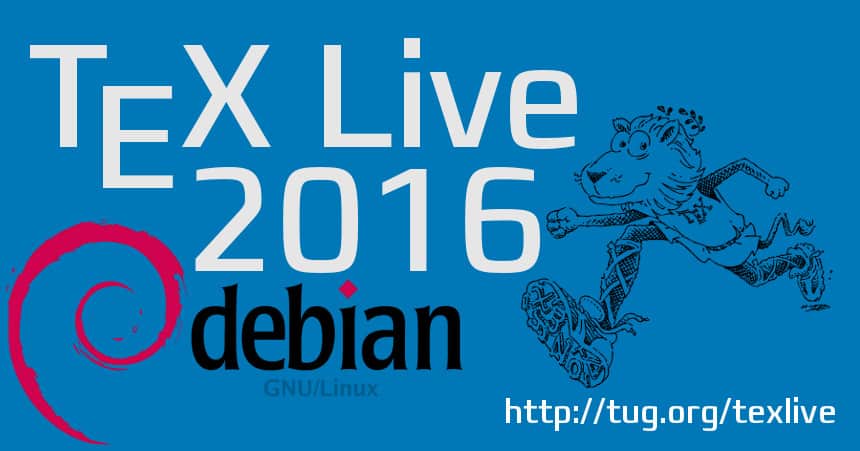 From the list of new packages I want to pick apxproof: I have written something myself for one of my rather long papers (with proofs about 60pp), where at times I had to factor out the proofs into an appendix. I did this my own way, but I would have preferred to have a nice package!
Another interesting change is the upstream merge of collection-mathextra (which translated to the Debian package texlive-math-extra) and collection-science (Debian: texlive-science) into a new collection collection-mathscience. Since introducing new packages and phasing out old ones is generally a pain in Debian, I decided to digress from the upstream naming convention and use texlive-science for the new collection-mathscience. In the end Mathematics is the most important science of all
From the list of new packages I want to pick apxproof: I have written something myself for one of my rather long papers (with proofs about 60pp), where at times I had to factor out the proofs into an appendix. I did this my own way, but I would have preferred to have a nice package!
Another interesting change is the upstream merge of collection-mathextra (which translated to the Debian package texlive-math-extra) and collection-science (Debian: texlive-science) into a new collection collection-mathscience. Since introducing new packages and phasing out old ones is generally a pain in Debian, I decided to digress from the upstream naming convention and use texlive-science for the new collection-mathscience. In the end Mathematics is the most important science of all  Finally also a word about removals: Several ConTeXt packages have been removed due to the fact that they are outdated. These removals will find their way in an update of the Debian ConTeXt package in near future. The TeX Live packages lost voss-mathmode, which was retracted by the author due to various reasons. He is working on an updated version that will hopeful reappear in both TeX Live and Debian in near future.
Well, that s it for now. Here now the full list with links. Enjoy.
New packages
apxproof, bangorexam, biblatex-gb7714-2015, biblatex-lni, biblatex-sbl, context-cmscbf, context-cmttbf, context-inifile, context-layout, delimset, latex2nemeth, latexbangla, latex-papersize, ling-macros, notex-bst, platex-tools, testidx, uppunctlm, wtref, xcolor-material.
Removed packages
voss-mathmode.
Updated packages
apa6, autoaligne, babel-german, biblatex-abnt, biblatex-anonymous, biblatex-apa, biblatex-manuscripts-philology, biblatex-nature, biblatex-realauthor, bibtex, bidi, boondox, bxcjkjatype, chickenize, churchslavonic, cjk-gs-integrate, context-filter, cooking-units, ctex, denisbdoc, dvips, europasscv, fixme, glossaries, gzt, handout, imakeidx, ipaex-type1, jsclasses, jslectureplanner, kpathsea, l3build, l3experimental, l3kernel, l3packages, latexindent, latexmk, listofitems, luatexja, marginnote, mcf2graph, minted, multirow, nameauth, newpx, newtx, noto, nucleardata, optidef, overlays, pdflatexpicscale, pst-eucl, reledmac, repere, scanpages, semantic-markup, tableaux, tcolorbox, tetex, texlive-scripts, ticket, todonotes, tracklang, tudscr, turabian-formatting, updmap-map, uspace, visualtikz, xassoccnt, xecjk, yathesis.
Finally also a word about removals: Several ConTeXt packages have been removed due to the fact that they are outdated. These removals will find their way in an update of the Debian ConTeXt package in near future. The TeX Live packages lost voss-mathmode, which was retracted by the author due to various reasons. He is working on an updated version that will hopeful reappear in both TeX Live and Debian in near future.
Well, that s it for now. Here now the full list with links. Enjoy.
New packages
apxproof, bangorexam, biblatex-gb7714-2015, biblatex-lni, biblatex-sbl, context-cmscbf, context-cmttbf, context-inifile, context-layout, delimset, latex2nemeth, latexbangla, latex-papersize, ling-macros, notex-bst, platex-tools, testidx, uppunctlm, wtref, xcolor-material.
Removed packages
voss-mathmode.
Updated packages
apa6, autoaligne, babel-german, biblatex-abnt, biblatex-anonymous, biblatex-apa, biblatex-manuscripts-philology, biblatex-nature, biblatex-realauthor, bibtex, bidi, boondox, bxcjkjatype, chickenize, churchslavonic, cjk-gs-integrate, context-filter, cooking-units, ctex, denisbdoc, dvips, europasscv, fixme, glossaries, gzt, handout, imakeidx, ipaex-type1, jsclasses, jslectureplanner, kpathsea, l3build, l3experimental, l3kernel, l3packages, latexindent, latexmk, listofitems, luatexja, marginnote, mcf2graph, minted, multirow, nameauth, newpx, newtx, noto, nucleardata, optidef, overlays, pdflatexpicscale, pst-eucl, reledmac, repere, scanpages, semantic-markup, tableaux, tcolorbox, tetex, texlive-scripts, ticket, todonotes, tracklang, tudscr, turabian-formatting, updmap-map, uspace, visualtikz, xassoccnt, xecjk, yathesis.
 Here is my monthly update covering what I have been doing in the free software world (
Here is my monthly update covering what I have been doing in the free software world ( Previously:
Previously: 








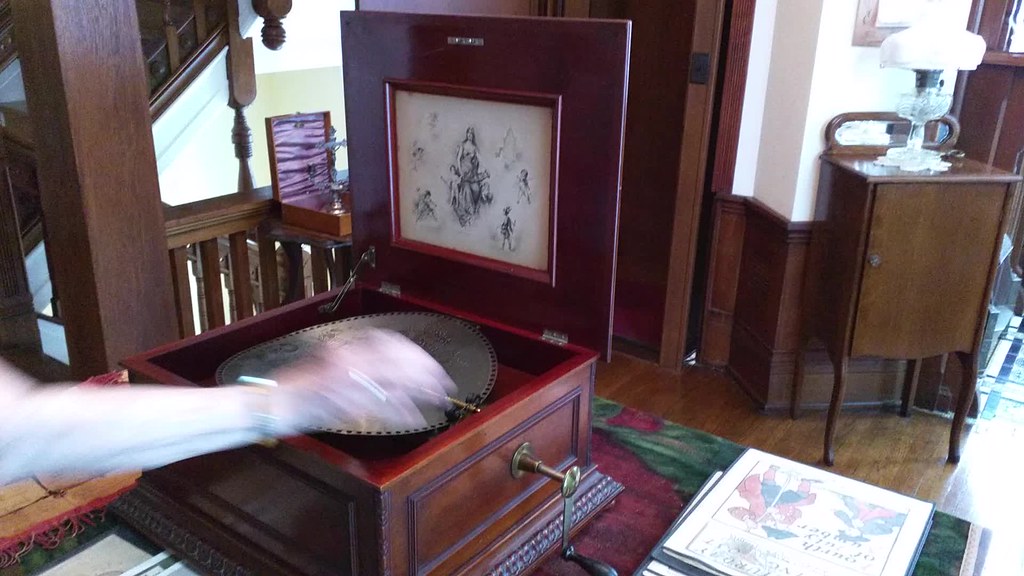
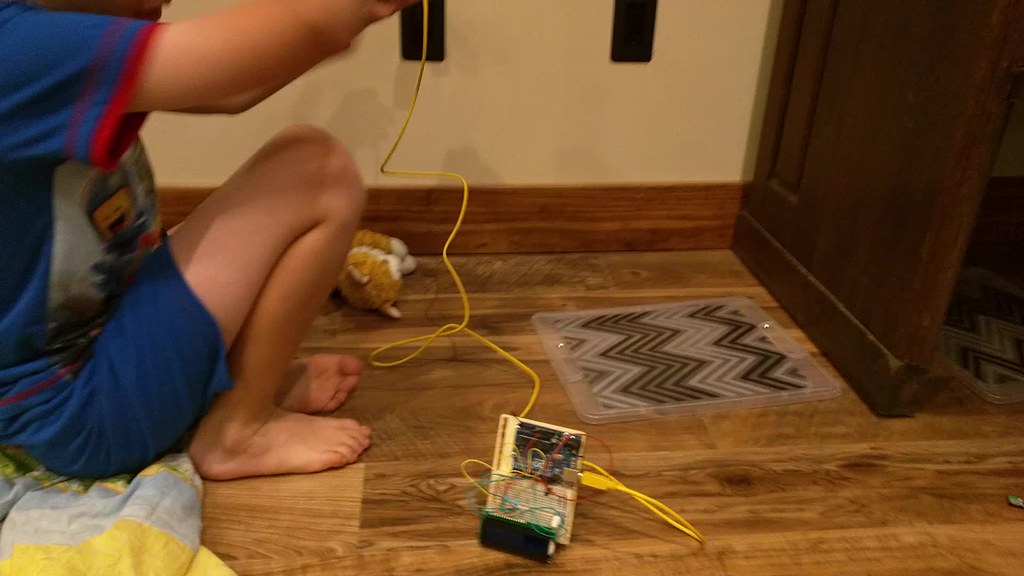
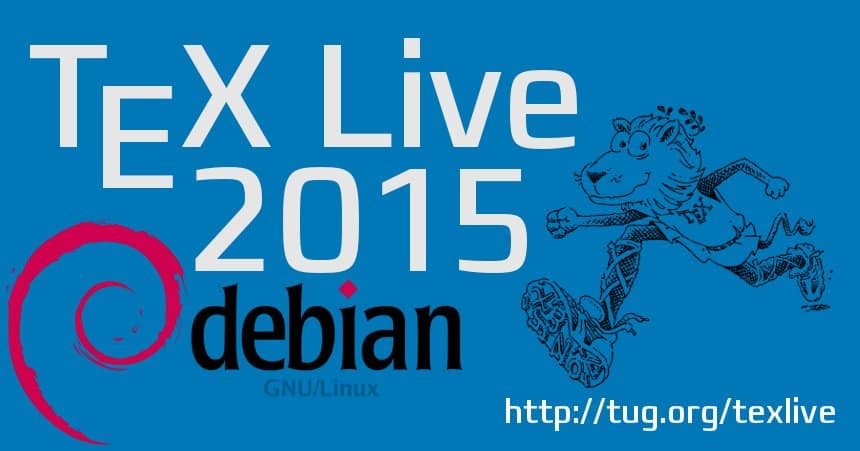 From the list of updated and new packages I want to mention that biblatex has been updated together with biber, and most biblatex styles should already by updated to work with the new biblatex, too.
From the new packages one has in particular caught my attention:
From the list of updated and new packages I want to mention that biblatex has been updated together with biber, and most biblatex styles should already by updated to work with the new biblatex, too.
From the new packages one has in particular caught my attention: 
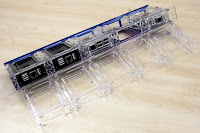
 The first major version of the scalable timeserie database I work on,
The first major version of the scalable timeserie database I work on,
 The diagram above shows how data are organized inside Gnocchi. Until version
1.3, there would have been only one file for each aggregation methods.
In the upcoming 2.0 version, Gnocchi will split all these data into smaller
parts, where each data split is stored in a file/object. This allows to
manipulate smaller pieces of data and to increase the parallelism of the CRUD
operations on the back-end leading to large speed improvement.
In order to split timeseries into several chunks, Gnocchi defines a maximum
number of N points to keep per chunk, to limit their maximum size. It then
defines a hash function that produces a non-unique key for any timestamp. It
makes it easy to find in which chunk any timestamp should be stored or
retrieved.
Data compression
Up to Gnocchi 1.3, the data stored for each metric is simply serialized using
The diagram above shows how data are organized inside Gnocchi. Until version
1.3, there would have been only one file for each aggregation methods.
In the upcoming 2.0 version, Gnocchi will split all these data into smaller
parts, where each data split is stored in a file/object. This allows to
manipulate smaller pieces of data and to increase the parallelism of the CRUD
operations on the back-end leading to large speed improvement.
In order to split timeseries into several chunks, Gnocchi defines a maximum
number of N points to keep per chunk, to limit their maximum size. It then
defines a hash function that produces a non-unique key for any timestamp. It
makes it easy to find in which chunk any timestamp should be stored or
retrieved.
Data compression
Up to Gnocchi 1.3, the data stored for each metric is simply serialized using
 The XOR algorithm implemented in Python is pretty slow, compared to LZ4. Truth
is that
The XOR algorithm implemented in Python is pretty slow, compared to LZ4. Truth
is that  I tried 2 Python implementations of the same algorithm (and submitted them to
my friend and Python developer
I tried 2 Python implementations of the same algorithm (and submitted them to
my friend and Python developer
 Considering the compression ratio of the different algorithms, they are pretty
much identical. The worst case scenario (random values) for LZ4 compress down
to 9 bytes per data point, whereas XOR can go down to 7.38 bytes per data
point. In general XOR encoding beats LZ4 by 15 %, except for cases where all
values are 0 or 1. However, LZ4 is faster than XOR by a factor of 4 -70
depending on cases.
That means that we'll use LZ4 for data compression in Gnocchi 2.0. It's
possible that we could achieve as fast compression/decompression algorithm, but
I don't think it's worth the effort right now it'd represent a lot of code to
write and to maintain.
Considering the compression ratio of the different algorithms, they are pretty
much identical. The worst case scenario (random values) for LZ4 compress down
to 9 bytes per data point, whereas XOR can go down to 7.38 bytes per data
point. In general XOR encoding beats LZ4 by 15 %, except for cases where all
values are 0 or 1. However, LZ4 is faster than XOR by a factor of 4 -70
depending on cases.
That means that we'll use LZ4 for data compression in Gnocchi 2.0. It's
possible that we could achieve as fast compression/decompression algorithm, but
I don't think it's worth the effort right now it'd represent a lot of code to
write and to maintain.
 What happened in the
What happened in the  Portability toward other systems has been improved: old versions of GNU diff are now supported (Mike McQuaid), suggestion of the appropriate locale is now the more generic
Portability toward other systems has been improved: old versions of GNU diff are now supported (Mike McQuaid), suggestion of the appropriate locale is now the more generic 
 Package reviews
103
Package reviews
103 
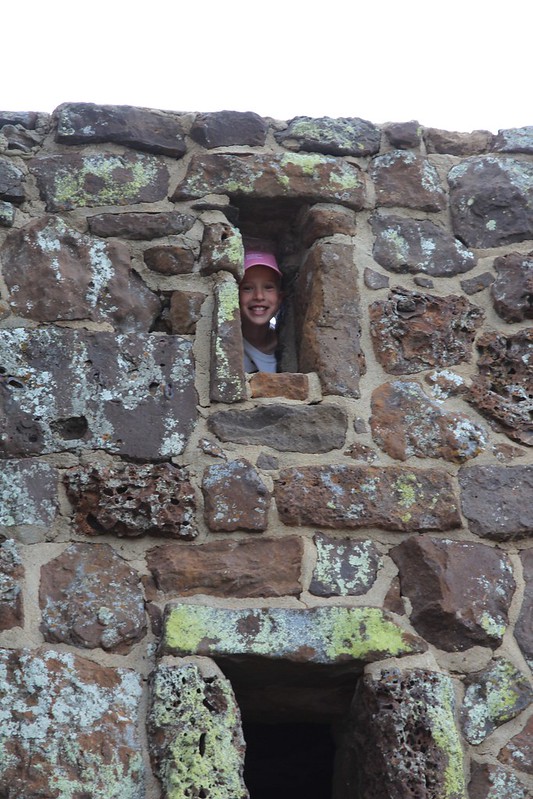




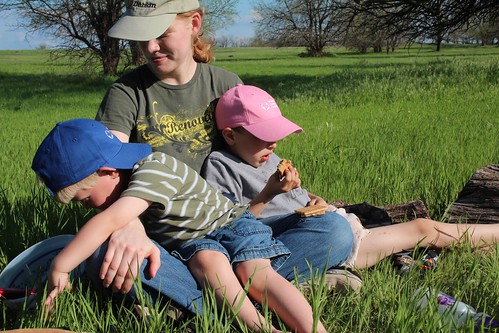
 Nearly a year ago people starting worrying about the complexity of SHA-1 being reduced and the potential availability of viable attacks against things such as PGP keys that used SHA-1. Many people (myself included) generated a new key, or updated preferences on keys that were otherwise strong enough. There were worries about what this might mean for Debian. We were getting ahead of ourselves a bit though. Firstly there haven't been any public viable attacks that I'm aware of (though of course this doesn't mean we shouldn't continue to migrate away), but secondly there's a much easier method of attack. PGP v3 keys. To quote
Nearly a year ago people starting worrying about the complexity of SHA-1 being reduced and the potential availability of viable attacks against things such as PGP keys that used SHA-1. Many people (myself included) generated a new key, or updated preferences on keys that were otherwise strong enough. There were worries about what this might mean for Debian. We were getting ahead of ourselves a bit though. Firstly there haven't been any public viable attacks that I'm aware of (though of course this doesn't mean we shouldn't continue to migrate away), but secondly there's a much easier method of attack. PGP v3 keys. To quote  A common way to debug a network server is to use 'telnet' or 'nc' to
connect to the server and issue some commands in the protocol to verify
whether everything is working correctly. That obviously only works for
ASCII protocols (as opposed to binary protocols), and it obviously also
only works if you're not using any encryption.
But that doesn't mean you can't test an encrypted protocol in a
similar way, thanks to openssl's s_client:
A common way to debug a network server is to use 'telnet' or 'nc' to
connect to the server and issue some commands in the protocol to verify
whether everything is working correctly. That obviously only works for
ASCII protocols (as opposed to binary protocols), and it obviously also
only works if you're not using any encryption.
But that doesn't mean you can't test an encrypted protocol in a
similar way, thanks to openssl's s_client: